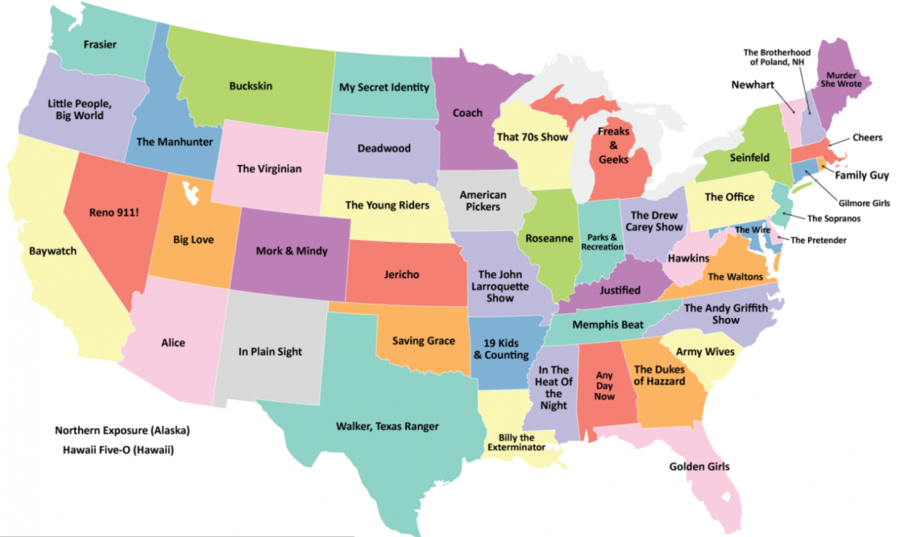The Unscientific Science of Jury Selection
J Thoendell stashed this in Misc
Source: http://psmag.com/navigation/politics...
Arias, like all defendants in the American court system, has the right to be tried by a jury of her peers. The assumption is that the collective wisdom of good, everyday citizens will result in a fair verdict. But this system was designed well before social psychologists discovered how pervasive humans’ biases are. In a popular case like Arias’, jurors come to trial with their own knowledge about the case—on the first day of her trial’s sentencing phase, more than half of the potential jurors were dismissed, many because they knew too much about the case. Add that knowledge to jurors’ own opinions and experiences, and every juror is biased in some way.
If you’re a lawyer, you hope that you end up with jurors with biases that help your client’s case. Some attorneys are taking a more proactive tactic: They are hiring outside consultants who create a plan for selecting an ideal jury, and figuring out how to sway those jurors toward their desired verdict. The process is called “scientific jury selection.











10:21 AM Nov 21 2014